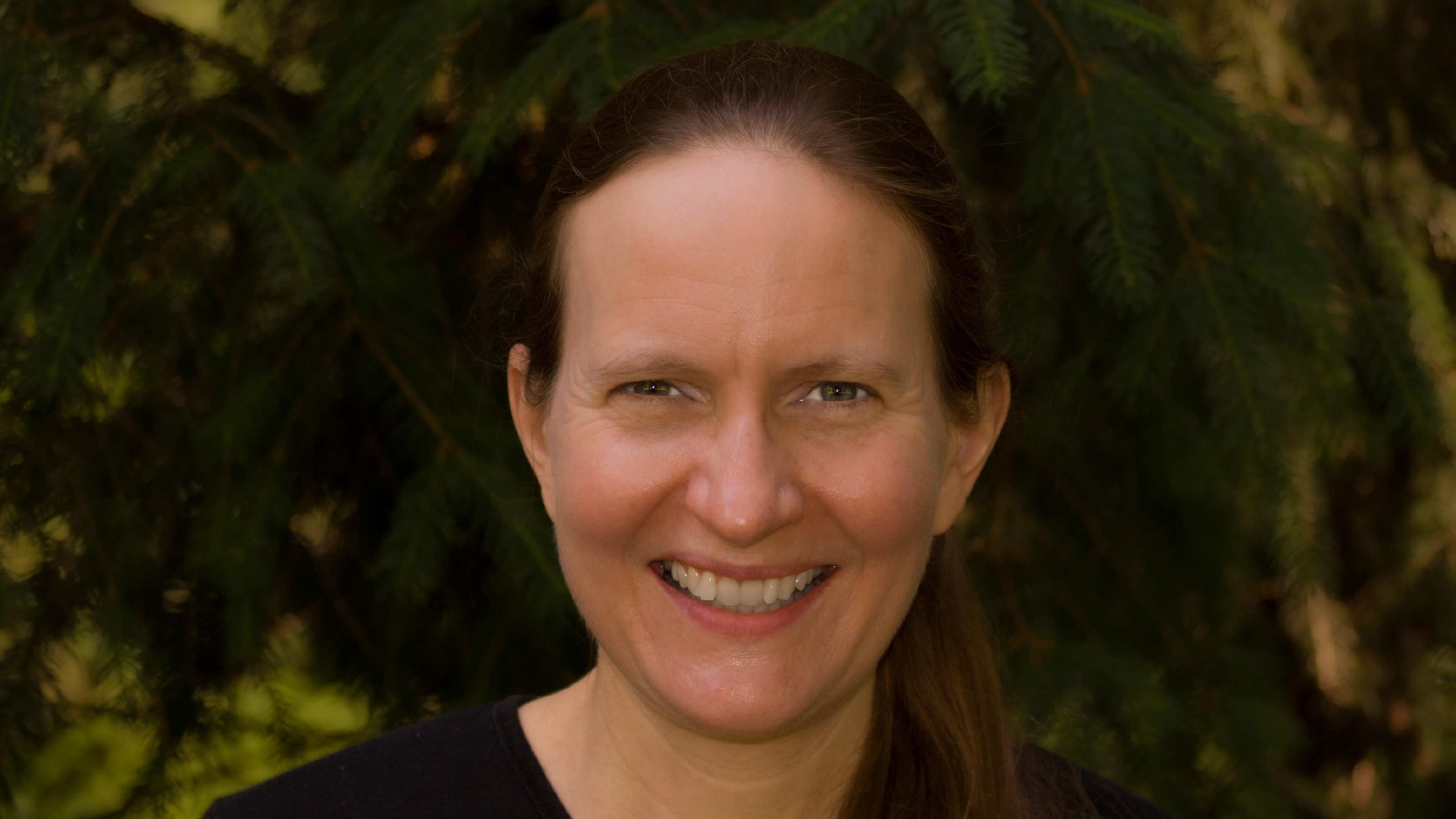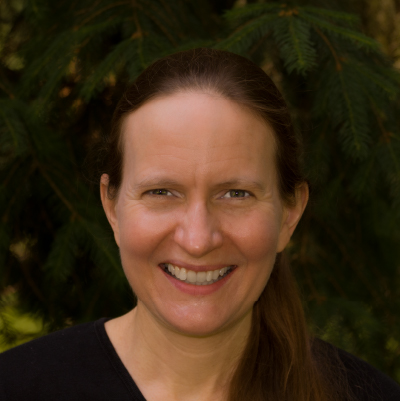One never knows what a chance encounter at a conference might lead to. In 2011, while attending an annual meeting of the Association for the Advancement of Scandinavian Studies, I heard a paper on a recently published Norwegian personal narrative — Pelshandleren [The Fur Trader] (Gyldendal, 2007). The author, Einar Odd Mortensen, passed away in the late 1960s. In the early 2000s his daughter-in-law and son – Gerd Kjustad Mortensen and Einar Odd Mortensen, Jr. – worked to piece together and publish the notes left behind about his experiences as a fur trader in northern Manitoba in the late 1920s. I was eager to talk to Gerd about this book due to both my research and teaching interests. Having worked with both northern personal narratives and Norwegian-American literature, I was intrigued by the way in which this manuscript had been compiled by a temporary migrant to Canada. I also expressed interest in using this text in my course “Personal Narratives of the North” if an English translation became available. There are a dearth of published accounts of Norwegian immigrant experiences in Canada, and I indicated this was another reason to pursue a translation. Gerd and I kept in touch over the following years, during which she visited the Augustana Campus to talk to my students in both Norwegian and English. An English language edition slowly took shape, with my colleague Dr. Daniel Sims, a historian and a scholar of Indigenous Studies, joining us in 2017.
This project has reinforced many of the benefits and challenges of collaborative work, something I frequently talk to students about and require them to practice. In sharing details of this project, students were able to delve into how collaboration takes time, energy and patience. They also learned that working as a team can achieve greater results than working by themselves. The challenges Gerd, Daniel and I encountered included arranging meetings to accommodate our three time zones, dealing with alterations of travel plans due to COVID-19, agreeing on various word choices; and for me, stepping in to edit an English translation of the text that needed major revisions. Though these steps were manageable, they required all of us to be patient and flexible. And, despite the challenges, I am pleased with the outcome of and am delighted to share an English language critical edition of The Fur Trader: From Oslo to Oxford House (University of Alberta Press, 2022) with a broader audience. I appreciate what each of us has been able to bring to the project: Gerd with her personal perspectives as found in an epilogue and with her contribution of family photos and illustrations; Daniel with his expertise in the area of the Canadian fur trade and Indigenous Studies; and me with my Norwegian-language skills and knowledge of Norwegian immigrant literature and personal narratives.
To me, this project has underscored all of the behind-the-scenes contributions required and the people who make collaborative projects possible. Dr. Rosalyn Ing, an Opaskwayak Cree Elder with whom Gerd consulted, pointed out the necessity of not just translating the work but inviting academics to provide a cultural and historical context before publishing it in North America. The images in the book illustrate the fact that there are people, many of them First Nations and Métis, who interacted with and assisted Einar Odd Mortensen in a variety of ways, making his stay and work in Manitoba possible. Several translators assisted with Swampy Cree words and phrases in the text. Finally, peer reviewers, editors and others at the University of Alberta Press have assisted us in fine tuning this English edition.
For me, this project is a reminder of the importance and value of sharing and listening to stories, whether they are gifted to us in oral or written form by family, friends or colleagues.

